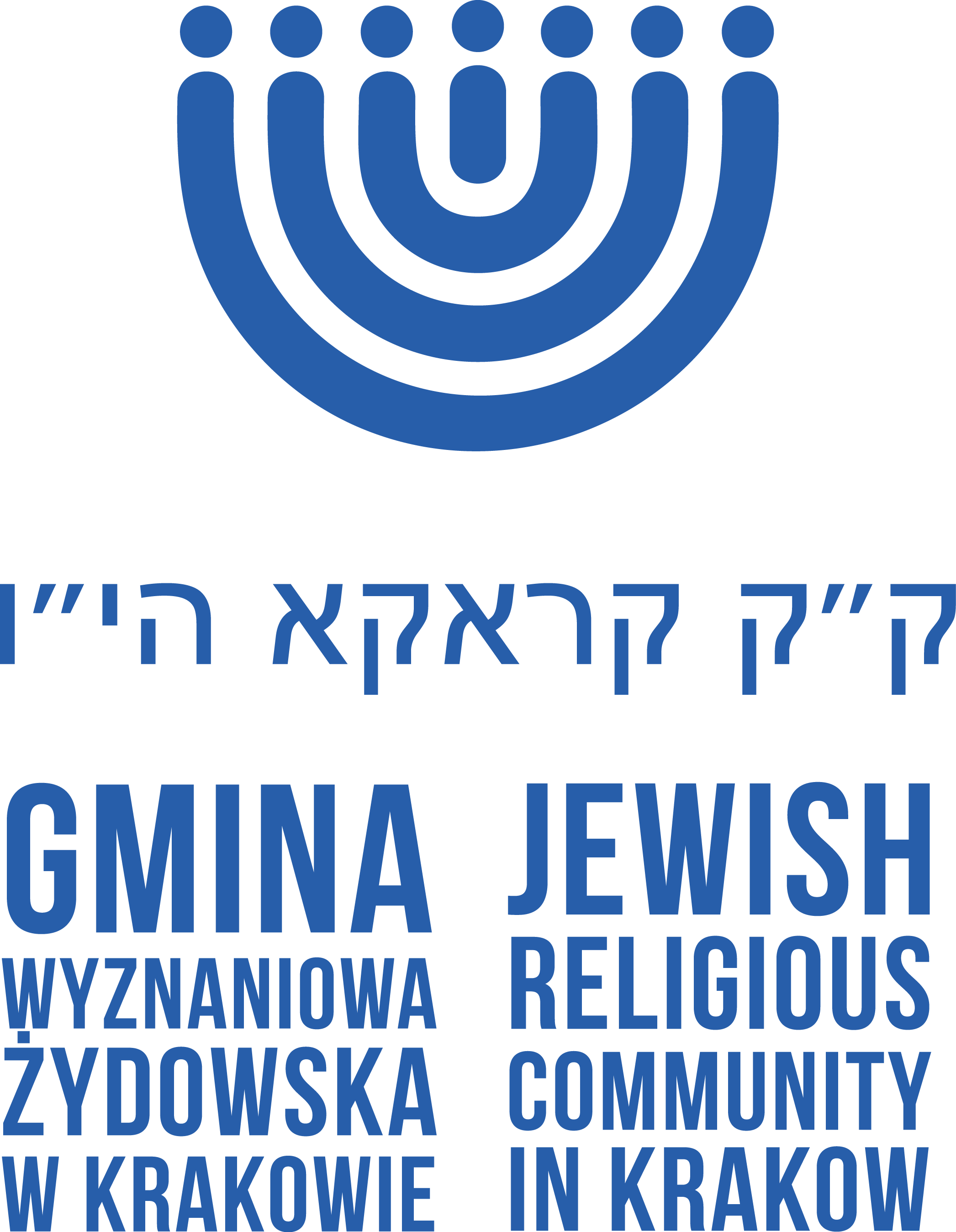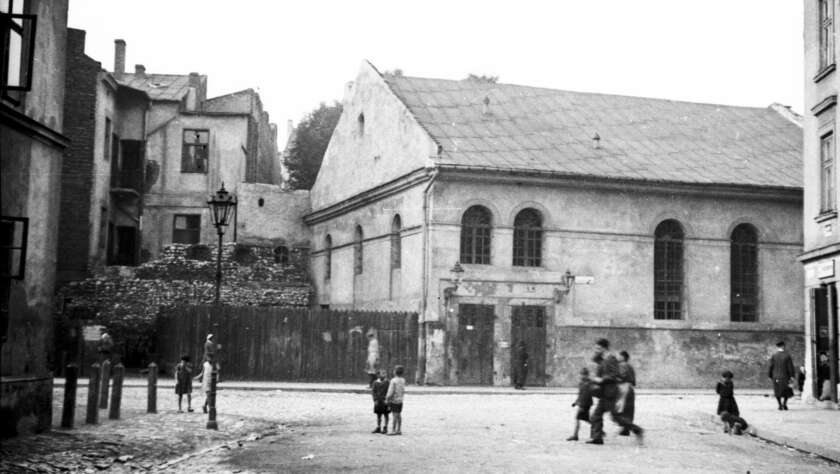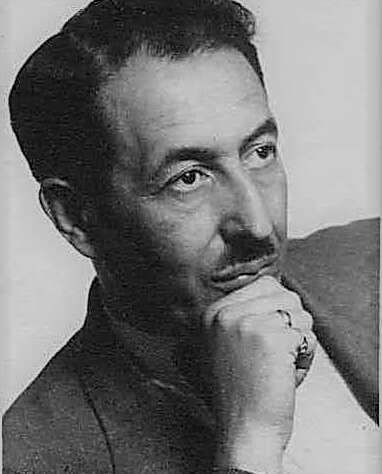Born on 20th August 1908 in Krakow, Julian Aleksandrowicz was a GP, professor of medicine, philosopher of medicine and haematologist. After graduating from the Kościuszko Gymnasium in 1926, he started studying at the Faculty of Medicine at the Jagiellonian University. He finished the university and became a doctor in 1933. One year later, Aleksandrowicz graduated frm the Department of Physical Education at the Jagiellonian University. In1934, he defended his doctorial thesis about bone marrow tests which he had started back in the times when he was still a Medicine student. Aleksandrowicz joined the army’s 72 Infantry Regiment in August 1939 as a second lieutenant doctor. He took active part in military operations. After escaping the prisoner-of-war camp, he returned to Krakow in January 1940. Not long after…
On 11th August 1945, during a morning prayer (Shacharit) held in the Kazimierz district, an aggresive crowd forced their way into the Kupa Synagogue. Several Jews were beaten up while the Synagogue was ransacked. What is more, that day witnessed further assaults and robberies of the Jews. The reason behind these events was a rumour about an apparent ritual murder of a Polish child commited by the Jews. As a result of these incidents one person died. The random victim was 56-year old Róża Berger who had just come back from KL Auschwitz-Birkenau. The Internal Security Corps Batallion managed to control he turmoil late evening yet the civilians did not stop their acts of violence and robberies. The authorities arrested dozens of rioters, 14 of whom were later…
Born on 7th August 1900 in Krakow, Leon Sperling, son of Salomon, was a member of the Polish national football team where he played 21 matches, an Olympic athlete, a three-time Polish football champion with Cracovia (1921, 1930, 1932), a bank clerk. Sperling was a trade school graduate. Due to his impressive talent as a striker, he got a nickname – ”a football magician”. In fact, Sperling was one of the best strikers of the interwar period. Throughout almost all of his career he was linked with Cracovia where he played 381 matches. However, Sperling took his first football steps in Jutrzenka Kraków. He made his debut with the Polish football team in a Poland-Hungary match on 18th December 1921 in Budapest. In 1924, he took part…
Born on 4th August 1906 in Vienna, Juliusz Madritsch was an entrepreneur who continued to do business in Krakow during WWII. He was recognised as Righteous Among the Nations by the Jad Waszem Institute in 1964. In spring 1940, Madritsch decided to move to Krakow as a way of avoiding joining the German army. There, he opened a sewing factory which employed 800 people. He stood out thanks to his ”human approach to the Jews” which was uncommon among other businessmen of those times. Instead, their goal was to take advantage of their employees and make as much profit as possible. Madritsch however, provided his employees with proper catering as well as good working conditions. In March 1943, right before the liquidation of the Krakow ghetto, together…
Born on 1st August 1889 in Tarnopol, Aleksander Bieberstein was a doctor, chronicler of the Krakow ghetto and a social activist. After Poland regained its independence, he started working as a doctor in the Polish Army, followed by a position in the Social Insurance Institution. In 1942, Biberstein organised and managed a hospital for infectious diseases in the Krakow ghetto. He was also a Chairman of the Board of a Facility for the Jewish Orphans. Aleksander Bieberstein was a prisoner of the Plaszow and Gross-Rosen camps as well. After WWII, he managed the Health Department of the Provincial Council until 1958. One year later Biberstein emigrated to Israel. Aleksander Biberstein is the author of one of the most significant pieces of work entitled ”Zagłada Żydów w Krakowie”…
Maria Orwid (Maria Pfeffer ), a pioneer in family psychiatry and family councellig was born on 23rd July 1930 in Przemyśl. A student of a well-known psychiatrist Antoni Kępiński, was both the founder and the manager of the first Psychiatry Clinic for Children and Teenagers in Poland. Maria Orwid came from an assimilated Jewish family. Her parents gave her lots of attention and cared about her intellectual development. After the war broke out, together with her family, Maria Orwid was moved by force to a ghetto which they later managed to escape from. Until the end of the war Maria Orwid lived in hiding in Lviv using her fake ”Aryan papers”. After the liberation, she moved to Krakow where she took the maturity exam and started her…
Following the idea to ”increase fitness in the Jews”, Makkabi Krakow, a Jewish sports club was set up on 21st July 1909. In 1932 there were seventeen sections and 1,018 members in the club. The club emblem included the star of David surrounded by a circle with the letter M in the middle while the club colours were white and blue. Any Jewish boy or girl over 18 was welcome. The people behind the idea to set up the club were: Henryk Leser, Ignacy Mahler, Adolf Weissmann, Bernard Lermer, Józef Leserkiewicz, Franiciszek Scheuer, Józef Weiss, Józef Schönberg, Marian Korngold. The Makkabi Krakow stadium was located between Koletek and Dietla street. After WWII it was taken over by the Nadwiślan Krakow club. Sport in the Jewish community grew strong and…
Born on 20th July 1898 in Krakow, Leopold Infeld, son of Salomon and Ernestyna, née Kahane, was a theoretical physicist, an author of works about the Theory of General Relativity (he collaborated with A. Einstein), the field theory and electrodynamics, a member of the Polish Science Academy and the World Peace Council. Signatory of the Russell-Einstein manifesto; signatory of Letter no.34. Leopold Infeld was a student of a Kazimerz Wielki Department School and the Adacemy of Trade. After the maturity exam (1916), he enrolled the Jagiellonian University’s Faculty of Physics. In 1920 Infeld met Einstein in Berlin where he lived for 8 months. After his return to Krakow he obtained his PhD title (1921). In 1930 Infeld became an assistant and an associate professor at the John Casimir…
Filip Pinkus Eisenberg , a bacteriologist ; son of Abraham and Estera, née Spir , was born on 19th July (or August) 1876 in Krakow.A Krakow Gymnasium no.3 graduate, Eisenberg finished Medicine at the Jagiellonian University in 1899, followed by studies in Vienna. Between 1901-1902 Eisenberg worked as an assistant under Odon Bujwid’s supervision at the Department of Hygiene at the Jagiellonian University. Moreover, he worked as a researcher at Paris Pasteur’s Institute under the supervision of Ilia Miecznikow as well as at the Department of Hygiene at the University of Wroclaw under the guidance of Richard Pfeiffer. During the Polish-Bolshevik war he managed the Military Isolation Hospital in Warsaw (1919-1920). Eisenberg’s other position included a Director of the National Bacteriologist Unit in Krakow (1933-1939). Eisenberg joined…
Born on 15th July 1882 in Krakow, Szymon Feldblum, son of Majer and Amalia, née Weber, was a lawyer, a solicitor for the Jewish Religious Community in Krakow, a Vice-President of the Association of Residential Protection and one of the founders of B’nei B’rith – „Solidarność” – the Jewish Humanitarian Association in Krakow; a Zionist. Feldblum graduated from St.Jack’s Gymnasium in Krakow (1900) followed by the Faculty of Law and Administration at the Jagiellonian University (1906). After his gratuation from the University, Feldblum got a position at Krakow’s legendary lawyer’s, dr Ludwik Szalay (1857-1934) at the Goetz Palace located at św.Jana 3. When dr Szalay decided to retire, he left his Legal Office to Feldblum, knowing that he was leaving the clients, the company’s tradition and reputation…











